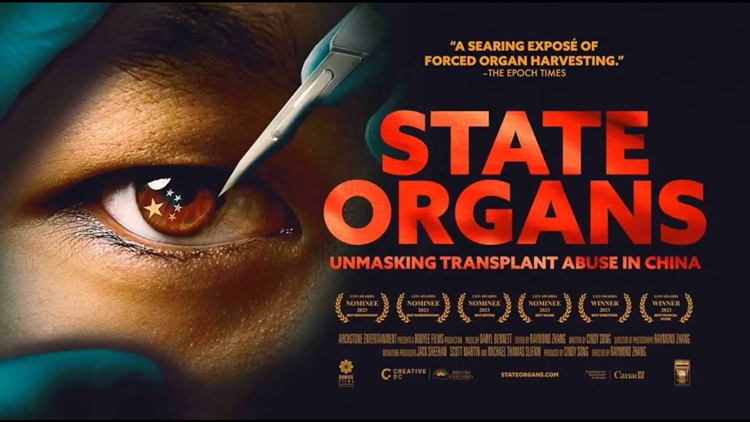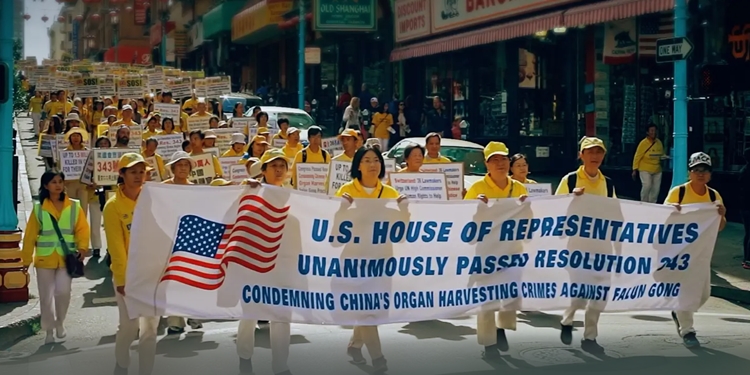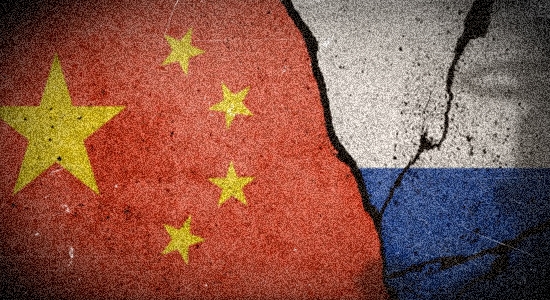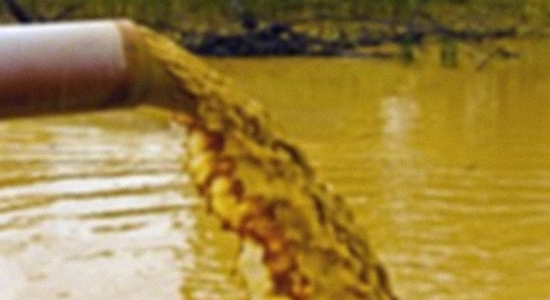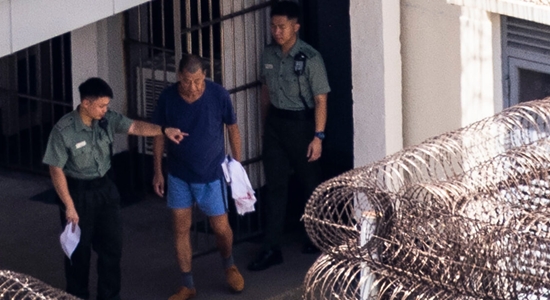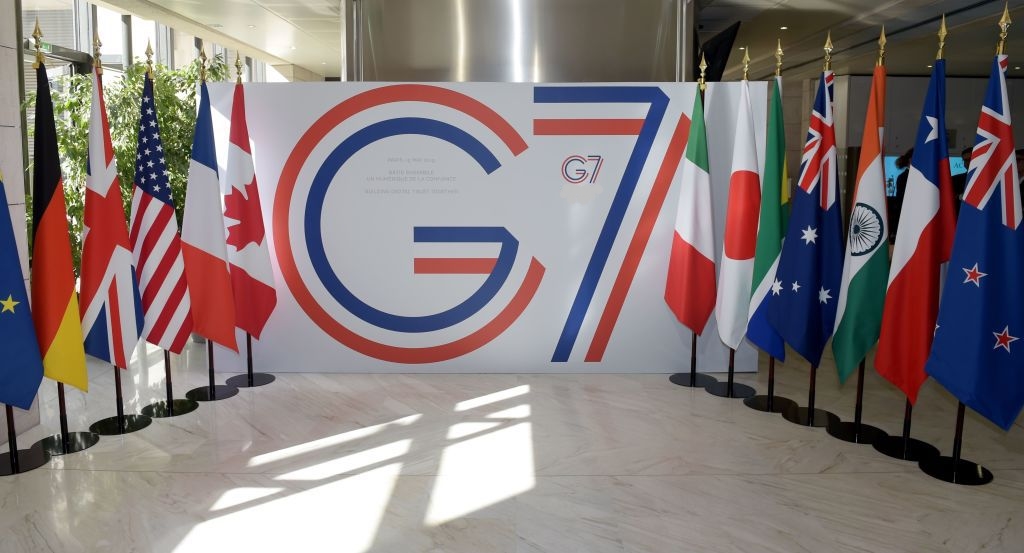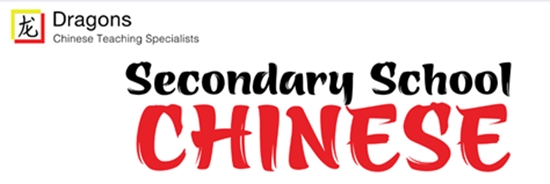
Chinese-language teachers in British classrooms who must have been receptive to the Chinese government’s longstanding hostility and verbal demoting of the Republic of China complained to the Chinese Embassy in the United Kingdom. The embassy then complained to the publisher of the AQA GCSE Chinese textbook.
The alleged problem was the textbook’s use of the term “Republic of China” (The Telegraph, August 31, 2024).
The GCSE, the General Certificate of Secondary Education, is an academic qualification for which students are tested in England, Wales, and Northern Ireland. AQA is Assessment and Qualifications Alliance, an examination board.
Dragons
The publisher of the Chinese-language textbook is a language-education outfit called Dragons Teaching. The first edition of the Chinese textbook was published in 2016. Later editions removed a reference to “the Republic of China” solely because Chinese embassy officials sent a letter of complaint.
Discussing one of the ROC’s national parks, the text originally said: “Yangmingshan National Park is the third national park of the Republic of China, and the park is located in the northern part of Taipei City.” The recast version: “Yangmingshan National Park is a very famous national park.”
A former employee said that “as a small independent publisher, Dragons was afraid not to comply.” If the embassy had threatened to firebomb Dragons Teaching, it would presumably have contacted the police. So why didn’t it just ignore the letter or, better, berate the embassy in future printings and editions? Not the publisher’s finest hour.
Another angle of the story is the distinction between Dragons Teaching and AQA. Whatever you do, don’t confuse AQA with a textbook publisher. AQA is not a textbook publisher. A spokesman for AQA says that it “does not publish textbooks and we do not have editorial responsibility for specific content beyond the Government’s subject criteria.”
Moreover, stresses the spokesman, AQA GCSE Chinese, “which has allowed thousands of young people to study this language since 2017,” was designed in consultation with teachers and experts “for learning Chinese as a foreign language. Our specification has one mention of Taiwan, under the theme of travel and tourism. We focus on cultural and linguistic aspects rather than political statements.”
Let’s hope that the Chinese Embassy in the UK understands this properly, so that AQA may be spared a letter of demand. Did you hear that, Chinese Embassy in the UK? AQA’s specification includes only one mention of Taiwan, and AQA focuses on cultural and linguistic aspects, not on “political statements”! AQA is completely neutral in this!
How is referring to the Republic of China, the name of a country, “political”?
Well, all country names are political insofar as countries are political entities, you might say. But if some other, globally bullying country is constantly attacking anybody who mentions the name of your country, that’s another kind of political element. Then, per The Telegraph, your country name “is a political term recognising the autonomy of [your country name here] as independent from mainland China.” Thus, feel blessed every time somebody mentions your country. You are independent, sort of, from mainland China.
A pattern
Sam Dunning, director of UK-China Transparency, tells The Telegraph:
“We need greater awareness in business, academia, public life, and politics about the extraordinary range of CCP interference in the UK. Hacking the Electoral Commission, sanctions on academics and lawyers, proxy groups in the British Chinese community and amongst students, violence on our streets as conducted by Chinese diplomats in 2022—the pattern is not encouraging.”
What else do the British need? For the British government to act. One thing to do: kick all of the “Chinese diplomats” out of the country, an event that should be occurring in many countries. But “Labour has declined to call China a ‘threat’ since winning the election and vowed to cooperate with Beijing on health matters and reaching net zero.”
Also see:
StopTheChinazis.org: “What Is This ‘Republic of China’?”
